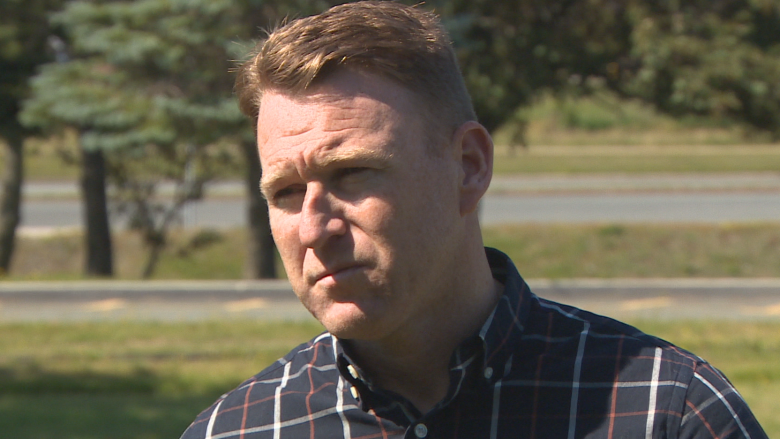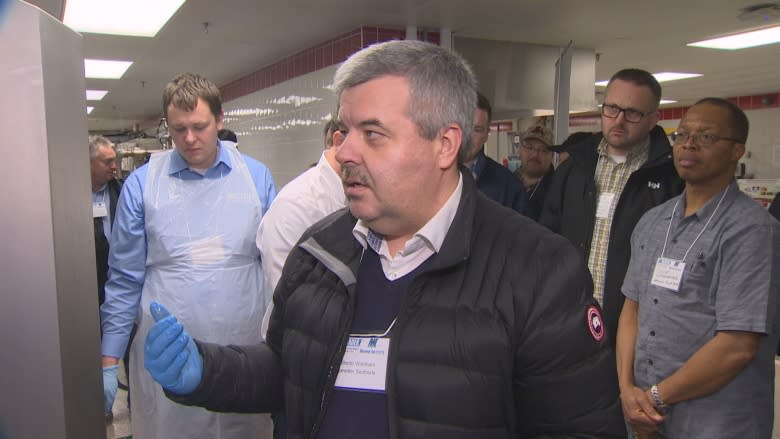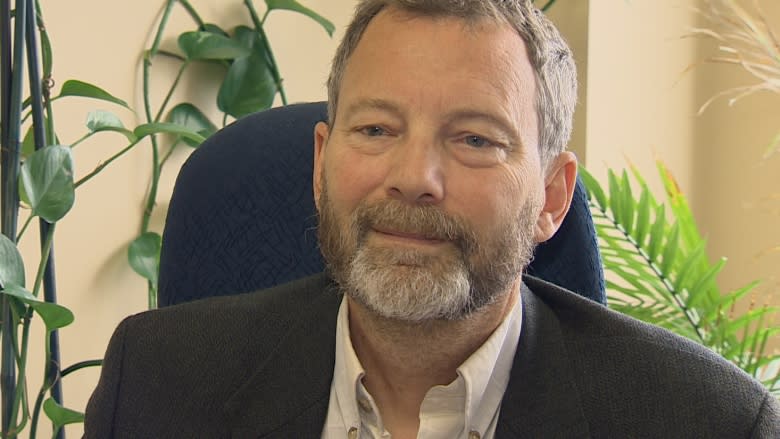Disappointed by cut to cod quota, FFAW president says stocks can handle larger harvest
The president of Newfoundland and Labrador's largest fishermen's union says the province's cod stocks can handle a greater harvest and didn't need to see this year's commercial quota cut.
Keith Sullivan of the Fish, Food & Allied Workers' Union told CBC Radio's The Broadcast that the 25 per cent cut to this year's quota will hurt Newfoundland and Labrador communities that are heavily reliant on the fishery.
"It doesn't really take into consideration the livelihoods what people depend on the fishery, whether you're a fish harvester or you work in a plant or the entire economy of coastal communities," said Sullivan.
"So today fish harvesters are certainly disappointed with that decision."
Sullivan says cod stocks can handle a bigger harvest, and points across the Atlantic Ocean to Iceland, where, despite a cod biomass only about twice as big as Newfoundland and Labrador's, a much larger harvest is planned: about 260,000 tonnes compared with 9,500 tonnes.
DFO scientists announced earlier this year that cod stocks, which had been rebounding since 2012, saw a 30 per cent drop this year due to natural mortality. But Sullivan argued there's still room for a bigger harvest.
"OK, we'll take a step backwards but to this degree is certainly not necessary and science suggests just a couple of years ago that it's not, again, affecting the trajectory of the stock and we could be harvesting much more," said Sullivan.
But Alberto Wareham, president of Icewater Seafoods in Arnold's Cove — which is a member of the Groundfish Enterprise Advisory Council — said a quota cut was necessary.
"Given the latest science, assessment, which we all received on March 23 earlier this year, there needed to be at a minimum, a reduction where we are today, and some people will probably say it should have been more," he said.
"Some people" includes Wareham himself, he acknowledges. The council recommended cutting the cod quota by more than half, to 6,000 tonnes.
"The powers that be decided not to go there now, but for us, the most important thing is that we did see a reduction, although it may not have been exactly what GEAC asked for," he said.
"Icewater specifically, all we do is cod. That's all we produce in the plant here. So our 210 people, and our business, we need this resource to be managed for the long term."
Letting the stock continue to recover is the priority, said Wareham.
"Let's let it recover, and when DFO science is comfortable that we have enough biomass to support a large-scale fishery, then that's when we take it to a large-scale fishery, but let the stock grow now."
Wareham also rejected Sullivan's comparison to Iceland.
"Our fish, northern cod, is maturing. It takes five to six years for the fish to mature, and we have a lot higher mortality rate, whereas in Iceland, their fish is maturing in two to three years, so it's not an apples-to-apples comparison. There's no way to make an apples-to-apples comparison — and you simply can't compare us to Iceland."
The quota cut was also applauded by a Canadian conservationist charity that says this year's stock assessment shows the need for lower quotas.
"There were some fragile signs of recovery," said Robert Rangeley, a marine biologist and science director for Oceana Canada. "All those hopes were dashed in the assessment this spring."
Rangeley said he was aware that coastal communities are heavily reliant on the fishery, but he insisted that tougher measures were needed.
"What will they be relying on when there's no fish?" he said.
"I understand those communities want to catch more cod, but they would catch a lot more if that stock were allowed to rebuild."
Read more articles from CBC Newfoundland and Labrador




